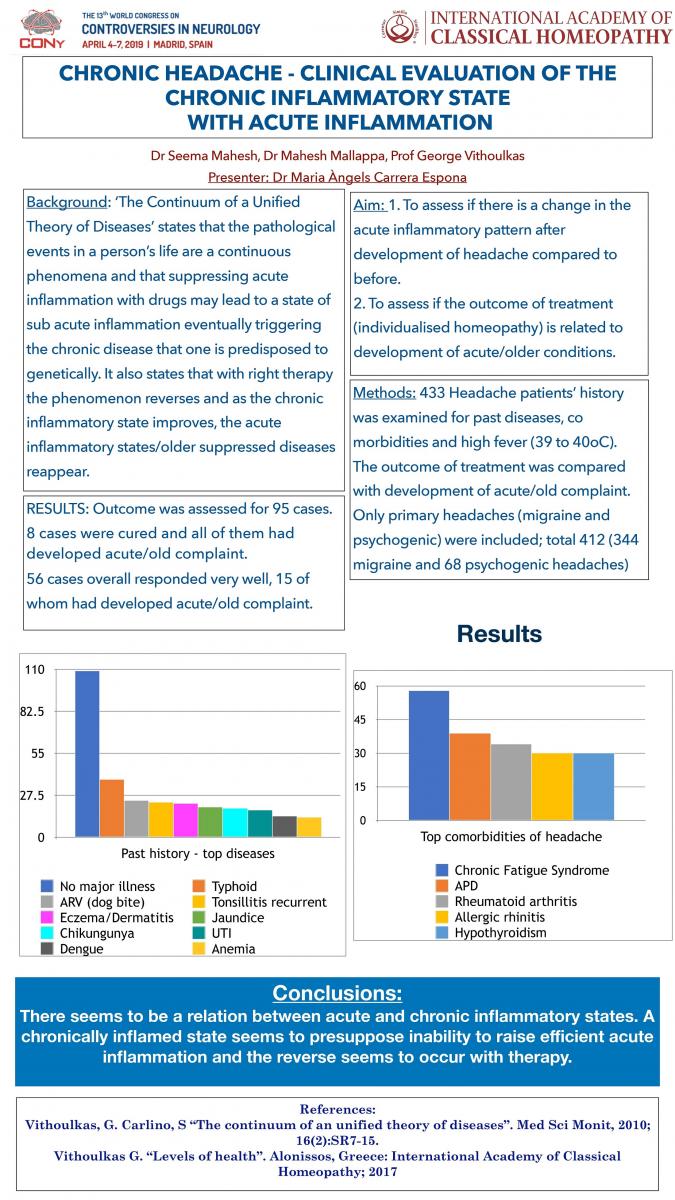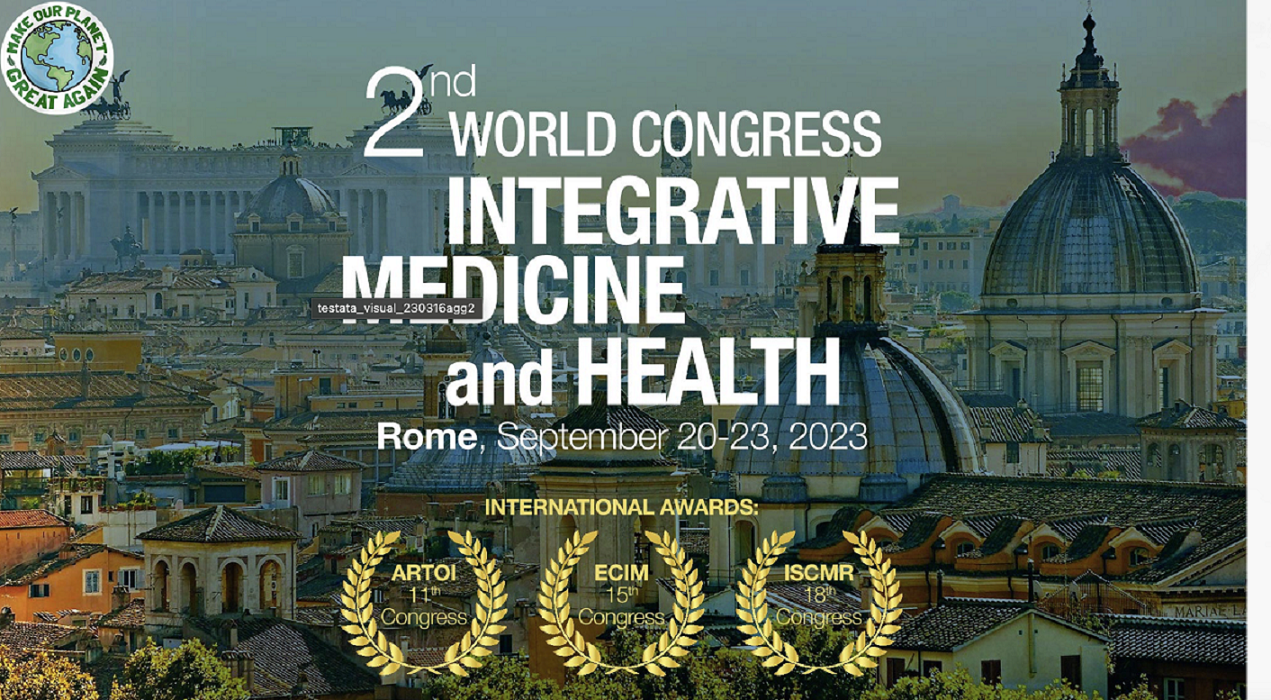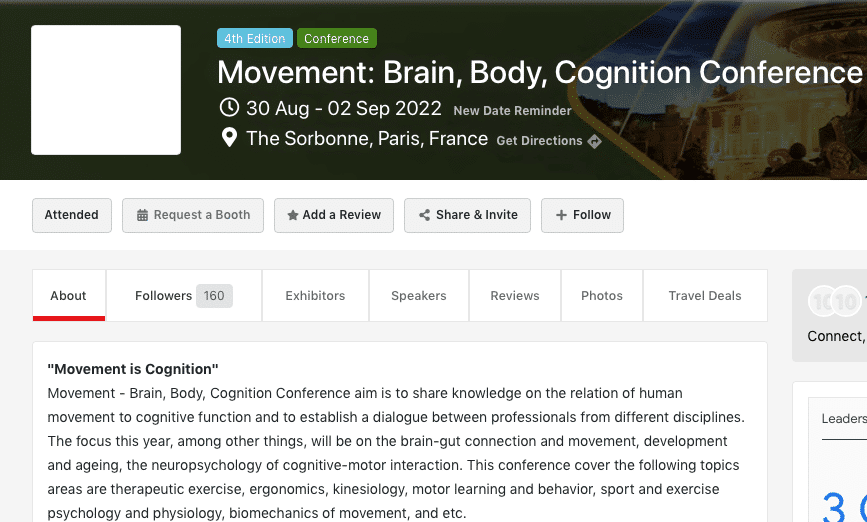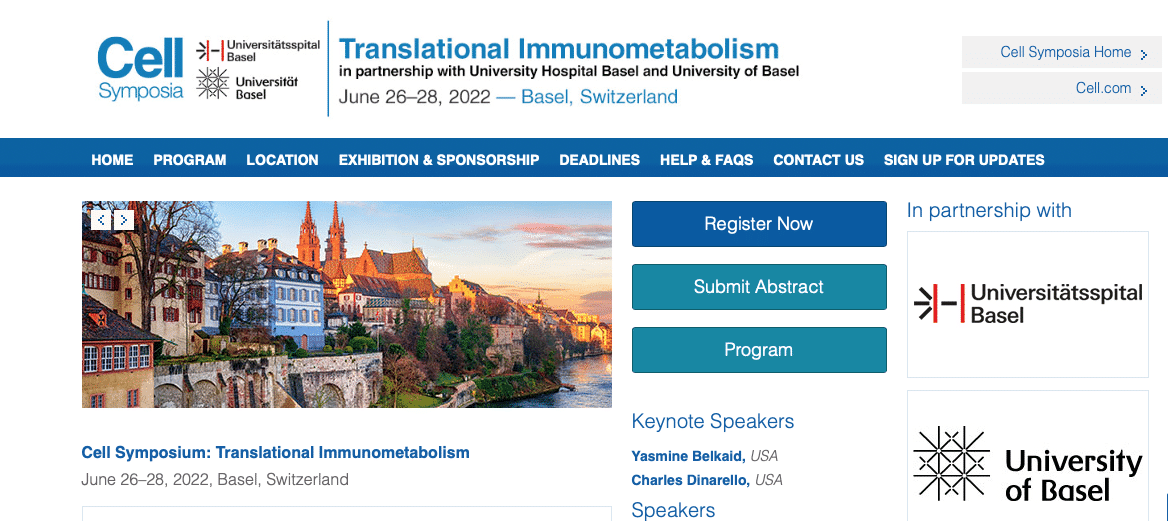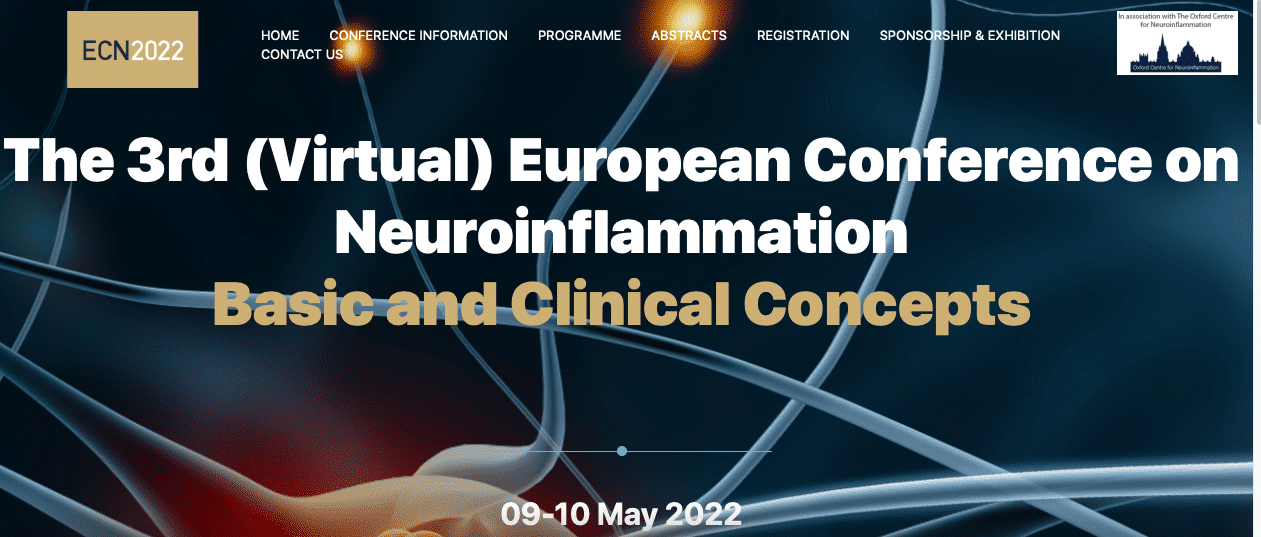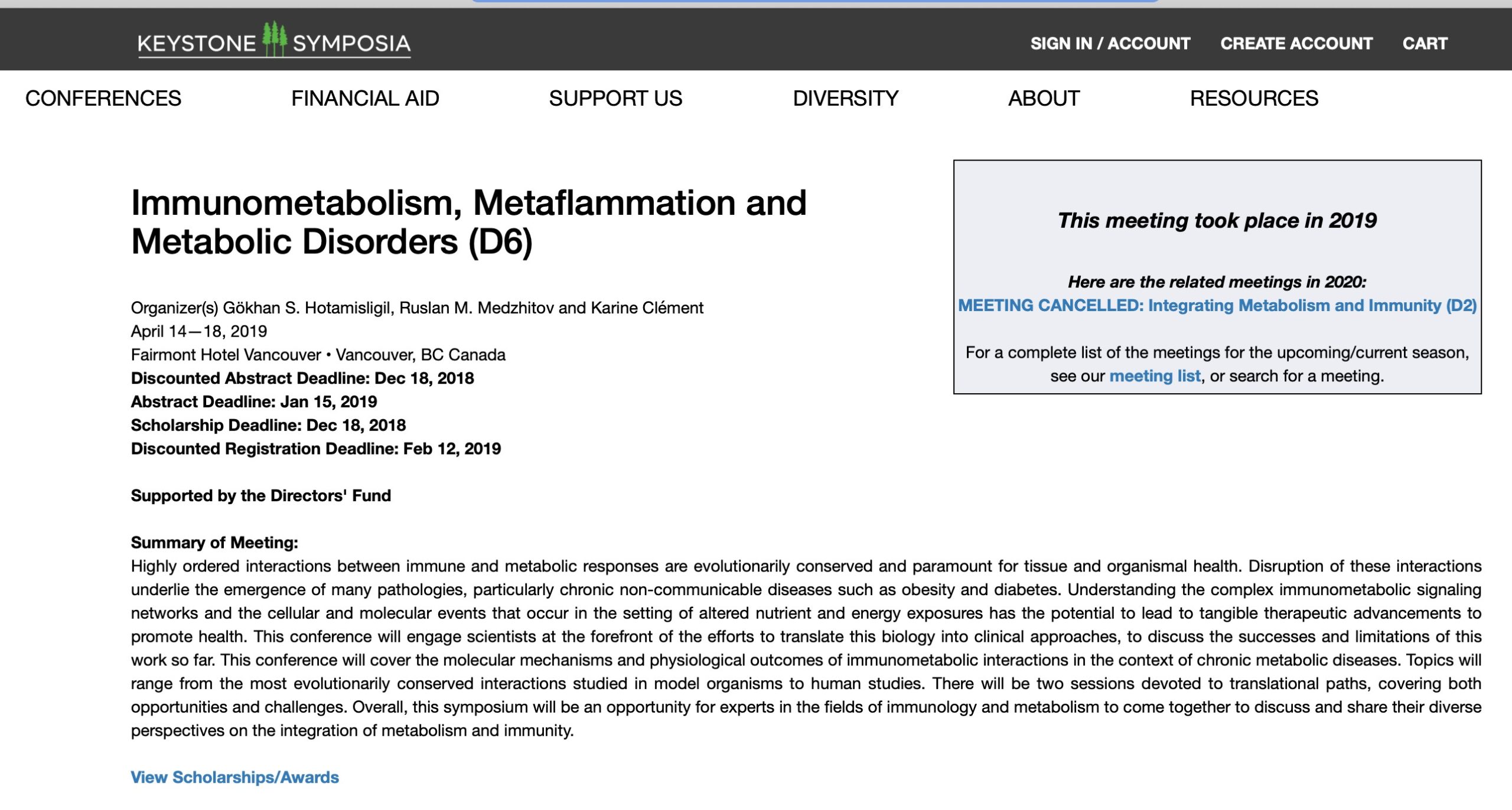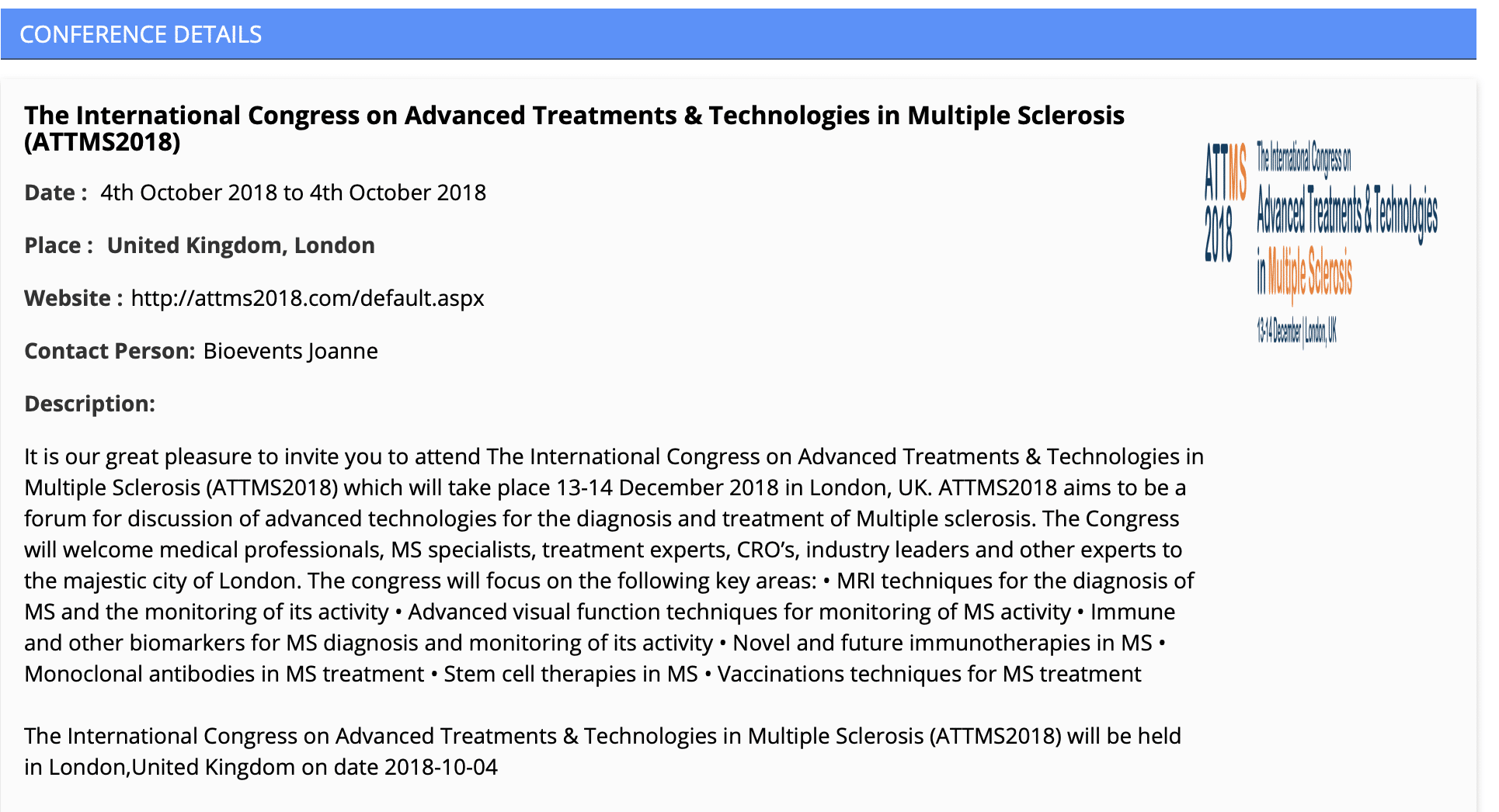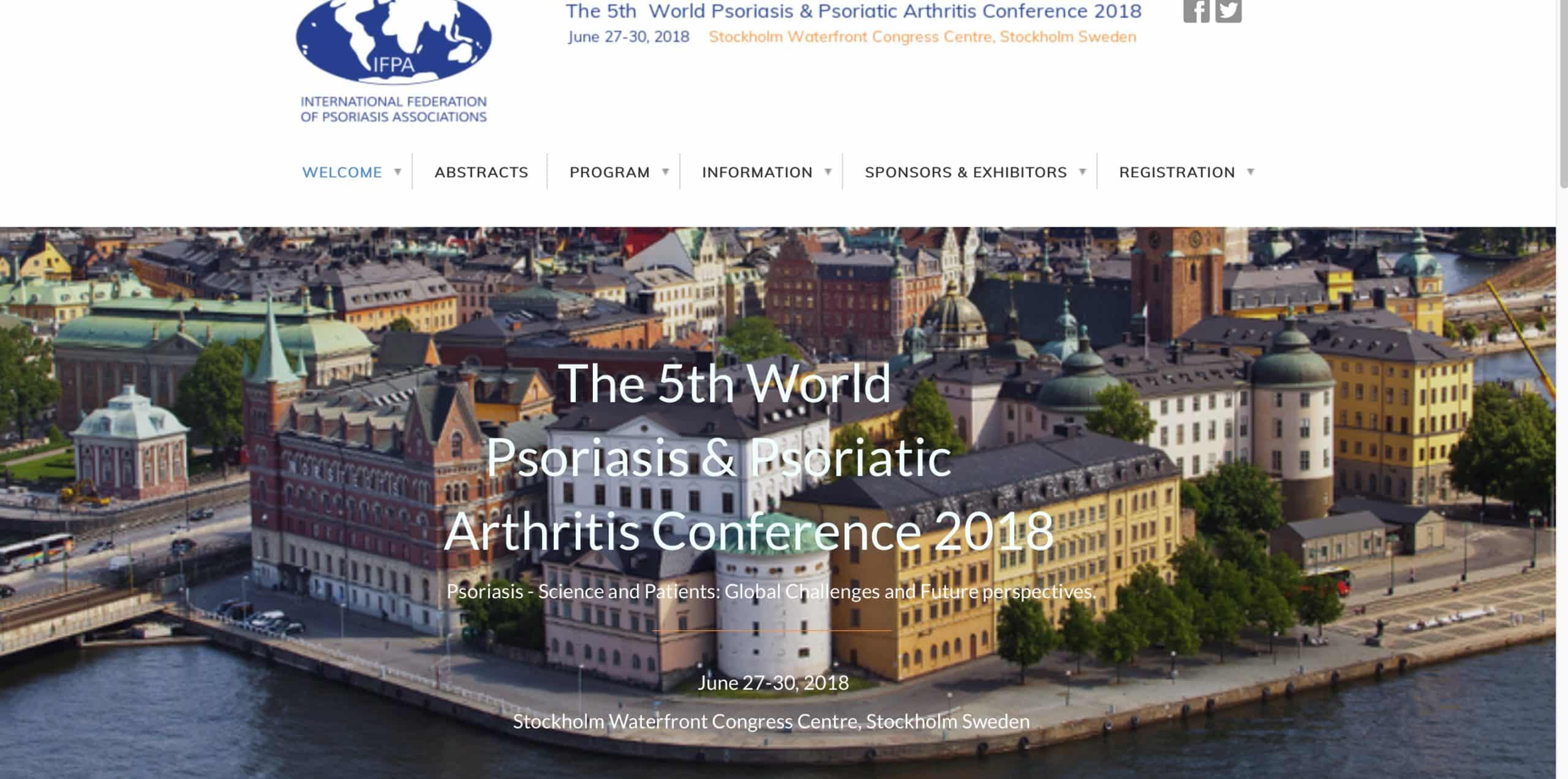Title: Chronic headache – clinical evaluation of the chronic inflammatory state with acute inflammation (Oral Presentation)
Dr S Mahesh1, Dr Mahesh Mallappa1, Prof George Vithoulkas2
1 Centre for Classical Homeopathy Bangalore, India
2 International Academy of Classical Homeopathy, University of the Aegean, Greece
Presenter: Dr. Maria Angels Carrera Espona
Background:
‘The Continuum of a Unified Theory of Diseases’ states that the pathological events in a person’s life are a continuous phenomena and that suppressing acute inflammation with drugs may lead to a state of sub acute inflammation eventually triggering the chronic disease that one is predisposed to genetically. It also states that with right therapy the phenomenon reverses and as the chronic inflammatory state improves, the acute inflammatory states/older suppressed diseases reappear.
Aim
1. To assess if there is a change in the acute inflammatory pattern after development of headache compared to before.
2. To assess if the outcome of treatment (individualised homeopathy) is related to development of acute/older conditions.
Methods
433 Headache patients’ history was examined for past diseases, co morbidities and high fever (39 to 40oC).
The outcome of treatment was compared with development of acute/old complaint.
Only primary headaches (migraine and psychogenic) were included; total 412 (344 migraine and 68 psychogenic headaches)
Results
Typhoid, tonsillitis, eczema, jaundice and urinary tract infections were the top occurring past diseases (mostly acute). The top co morbidities were chronic fatigue syndrome, acid peptic disease, rheumatoid arthritis, allergic rhinitis and hypothyroidism (chronic inflammatory diseases).
290 cases had clarity in outcome of which 198 patients could not remember the last high fever and were excluded. 3 had no history of high fever at all.
Outcome was assessed for 92 cases (89 cases with history of fever and 3 cases of no high fever at all).
8 cases were cured and all of them had developed acute/old complaint.
56 cases overall responded very well, 15 of whom had developed acute/old complaint.
24 did not respond well; one worsened.
Conclusions
There seems to be a relation between acute and chronic inflammatory states. A chronically inflamed state seems to presuppose inability to raise efficient acute inflammation and the reverse seems to occur with therapy.

